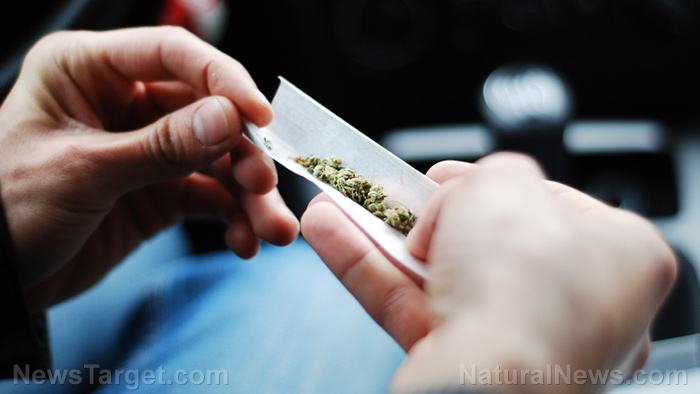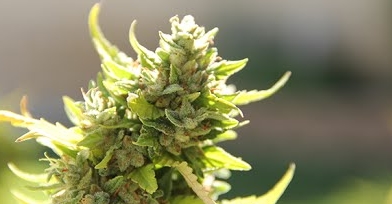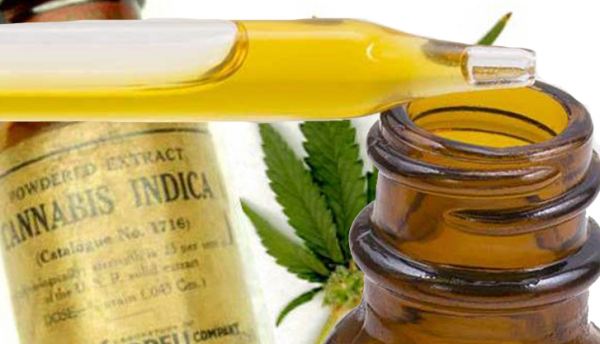Analysis: Arkansas medical marijuana foes learn lessons from 2012
10/05/2016 / By medicalmarijuanaupdate

‘The grass-growers and dope dealers would be in charge’: Opponents of Arkansas medical marijuana aired anti-legalization ads in 2012. Here’s a look at the attitude shifts in the years since and more on the legalization efforts in the Bible Belt state.
Article by Andrew Demillo
LITTLE ROCK, Ark. — When voters narrowly rejected legalizing Arkansas medical marijuana four years ago, it was a relief to the social conservatives who had mounted a last-ditch effort to kill a measure whose momentum had surprised many in this Bible Belt state. With two competing proposals on the ballot, opponents don’t want to be taken by surprise this time and are trying to learn the lessons from the last fight over medical pot.
A split among advocates of medical cannabis, agovernor who’s taking a more prominent role and a lineup of the state’s most powerful lobbying groups are helping opponents as they ramp up their campaign against both measures. The big question that remains is whether that organizational strength will be enough to fight an idea that’s gaining support nationally and even in conservative states like Arkansas.
The multi-front battle Republican Gov. Asa Hutchinson is waging against the proposals was on display last week. Hutchinson, the former head of the federal Drug Enforcement Administration, and GOP Lt. Gov. Tim Griffin attacked the measures from a business standpoint, saying legalization would hurt the state’s economic development efforts and hamper companies that want to ensure a drug-free workplace.
“It will not help us in the direction we need to go in Arkansas in terms of increased economic success in this state,” Hutchinson said.
Hutchinson has stepped up his criticism of the measures in recent weeks. Last month, he lined up some of the state’s top doctors as he warned against making medical decisions in the voting booth. He’s also claimed that the cost of regulating the drug and enforcing restrictions would be a drain to the state if either proposal passes, a theme he indicated he’ll likely continue to make leading up to the Nov. 8 election.
Hutchinson and other medical marijuana opponents, including the state Chamber of Commerce and the Arkansas Farm Bureau, are trying to expand their attack lines beyond four year ago. Then, social conservatives focused almost exclusively on an anti-marijuana message and said the move would open the door to recreational use of the drug.
“The grass-growers and dope dealers would be in charge,” a narrator said in a TV ad that opponents aired in 2012. “Arkansas doesn’t need a state filled with stoned-out zombies, or the criminal activities that come from legalizing controlled substances.” The ad, which at one point showed a black actor sitting at a table with guns and filling bags with marijuana, drew complaints from medical cannabis supporters who called the imagery racist and misleading.
Opponents aren’t completely backing off the argument that medical marijuana would be a gateway to recreational use of the drug, and they’re still hoping that the Supreme Court will block votes on either or both measures. But the arguments they’re making against the specific policy provisions and its impact is at least an implicit acknowledgement that legalization is generally gaining support.
Half the states and the District of Columbia have already legalized medical marijuana, and Arkansas is among nine states with an upcoming vote on expanded access. Another sign of the shift in public opinion came in August, when the state Democratic Party and its U.S. Senate nominee, Conner Eldridge, both generally endorsed legalizing medical marijuana while stopping short of supporting either proposal. Four years ago, Gov. Mike Beebe, a Democrat, opposed the pot proposal.
The divide between the supporters of the two proposals and a lack of national money coming to assist this time is making it difficult for medical cannabis advocates to take advantage of that changing mood. Supporters of both measures are still hopeful, reaching out to voters and trying to tout the ways they say medical marijuana would help people suffering from any of a number of ailments.
“We’re continuing to stay positive and move forward and talk to as many voters as possible,” Ryan Denham, deputy director of Arkansans for Compassionate Care, told reporters last week.
If that strategy doesn’t work, come Nov. 8, it could be medical marijuana’s supporters who are looking for lessons to be learned from the election.
___
Andrew DeMillo has covered Arkansas government and politics for The Associated Press since 2005. Follow him on Twitter at @ademillo
Tagged Under: Arkansas, medical marijuana


















